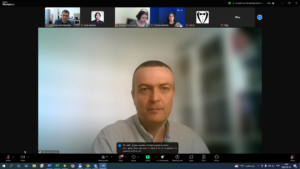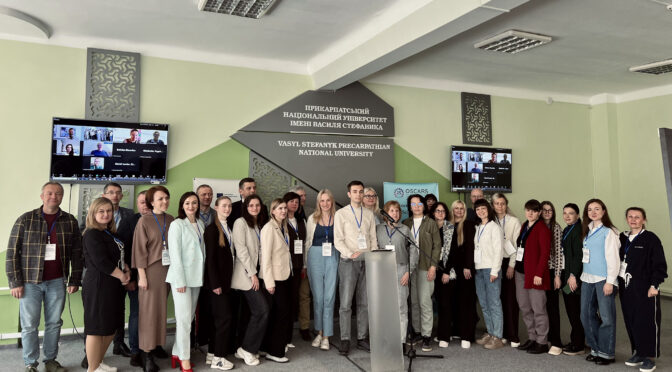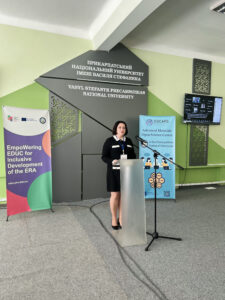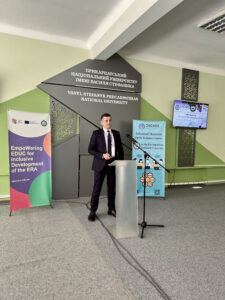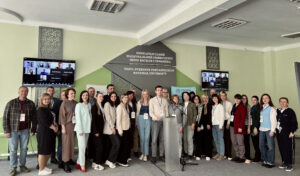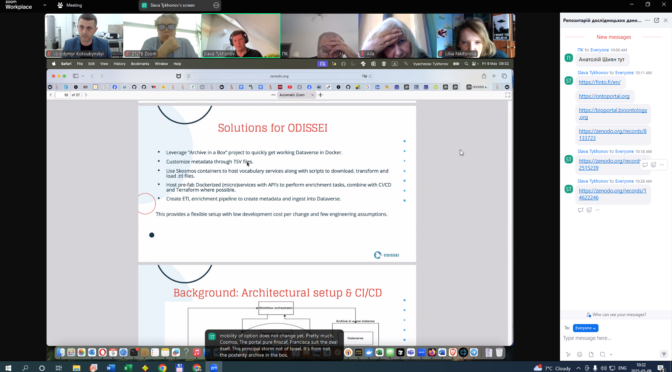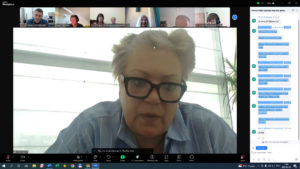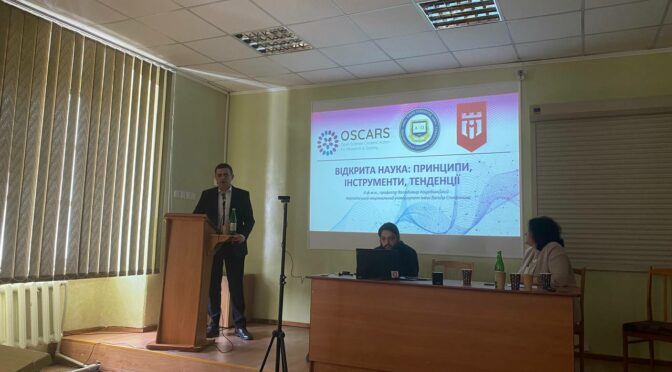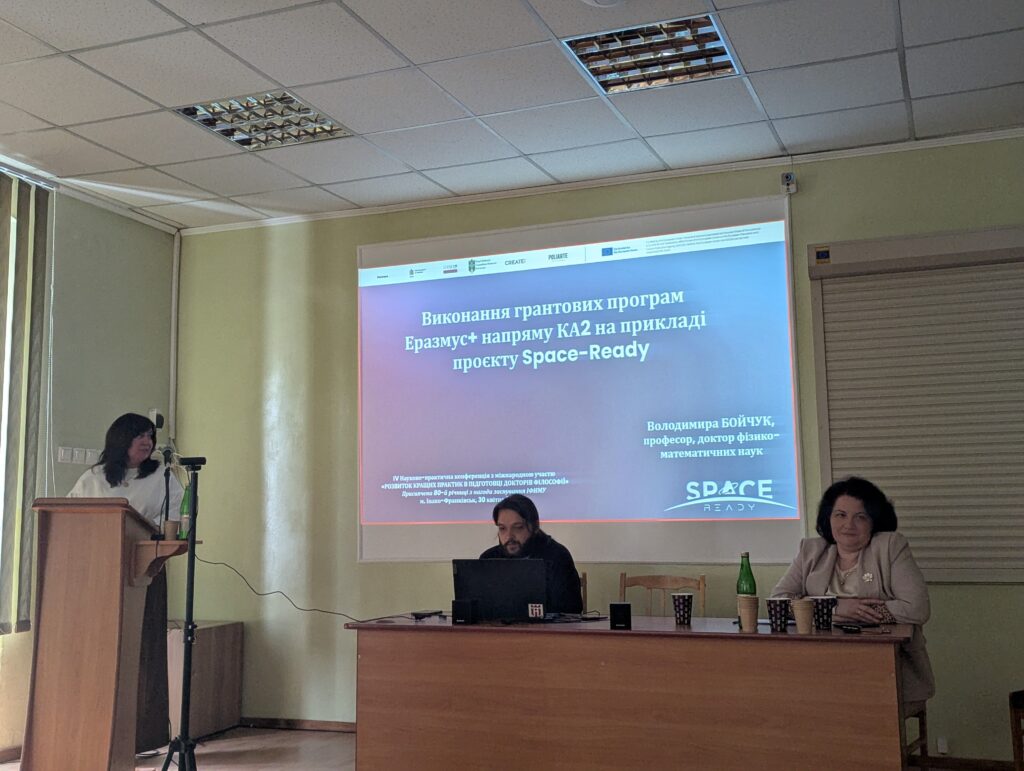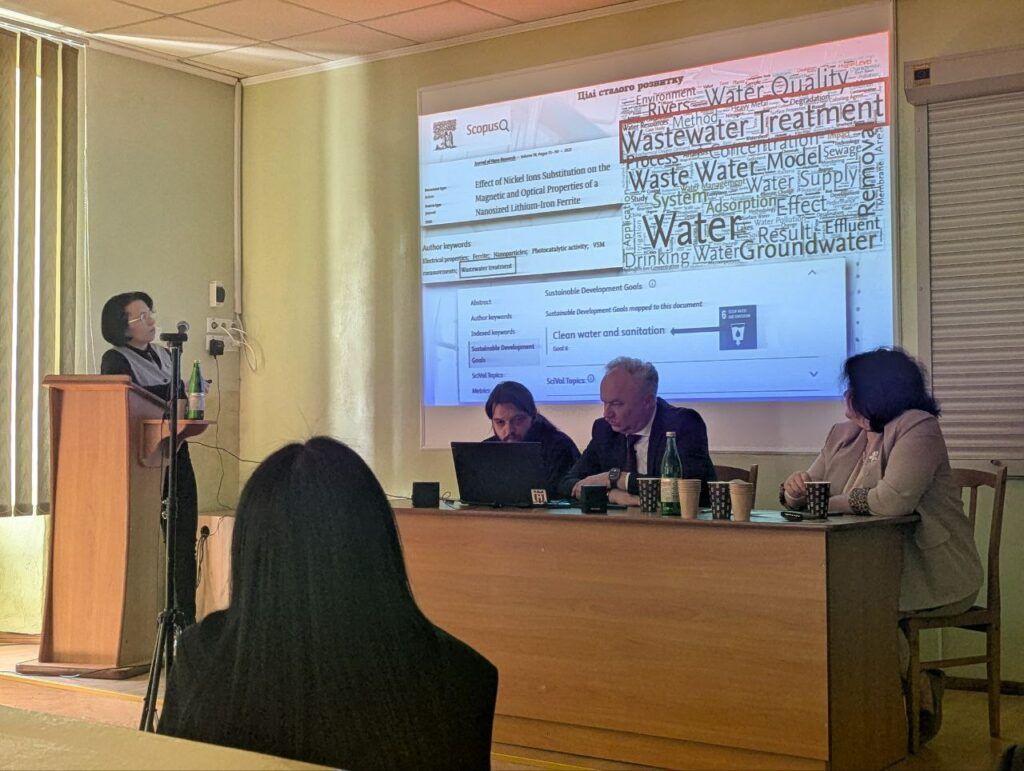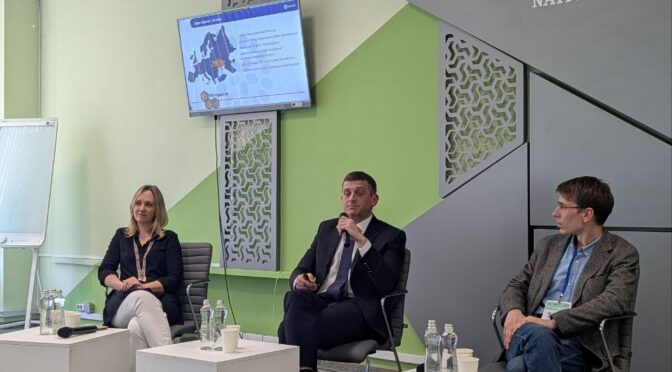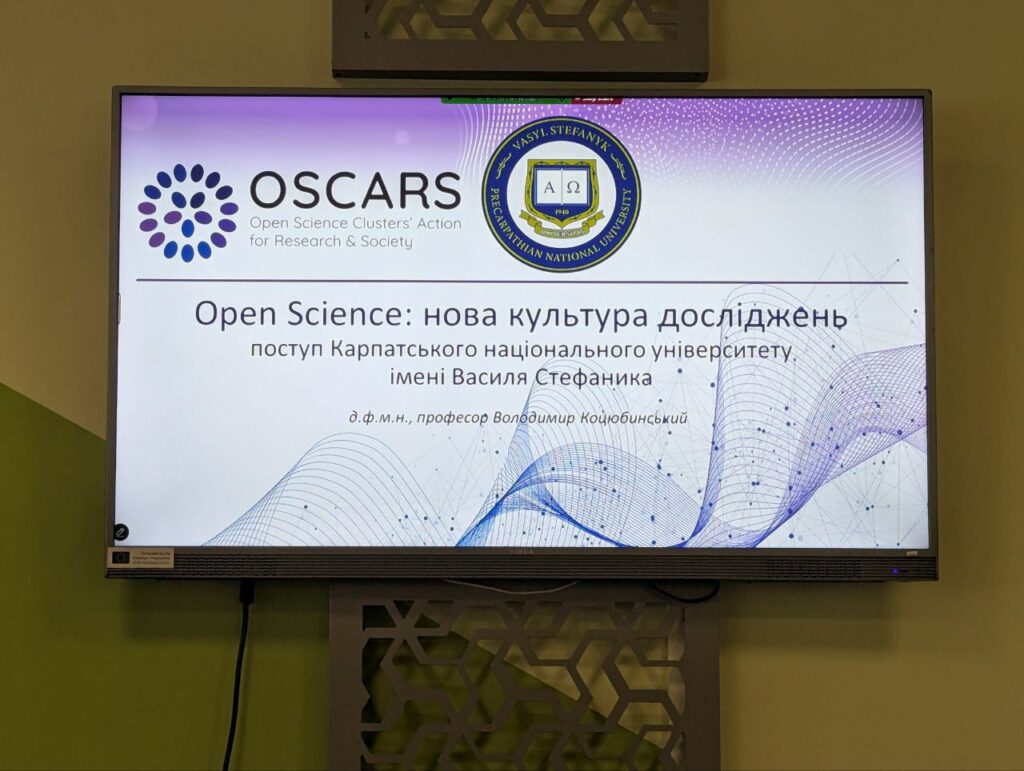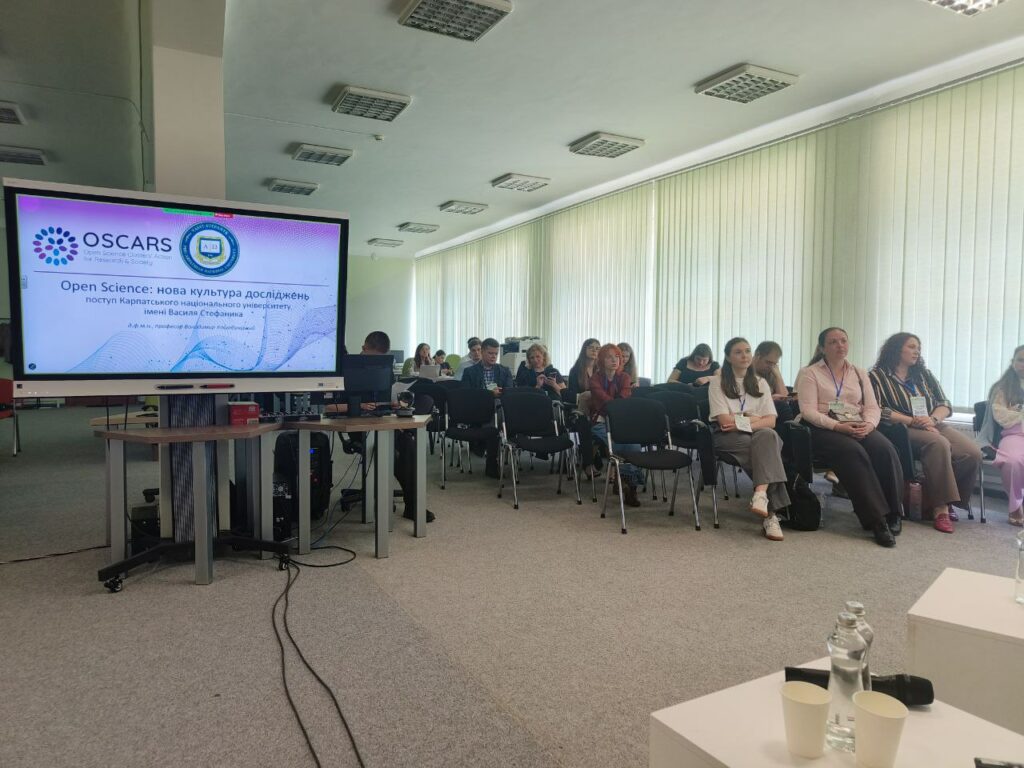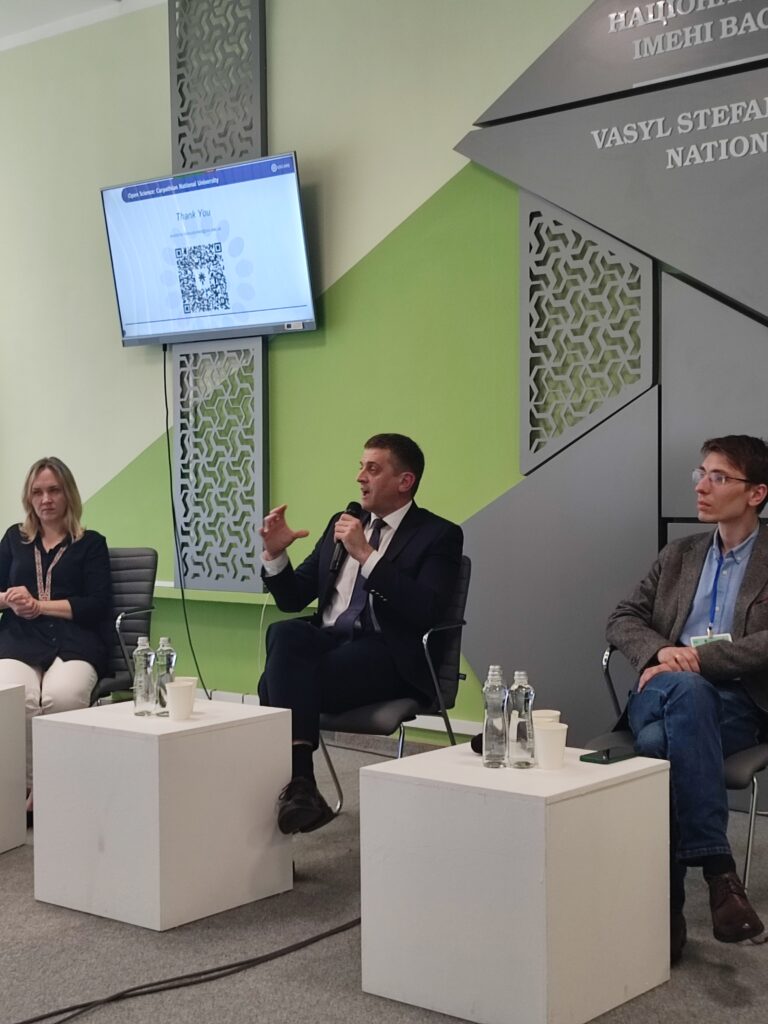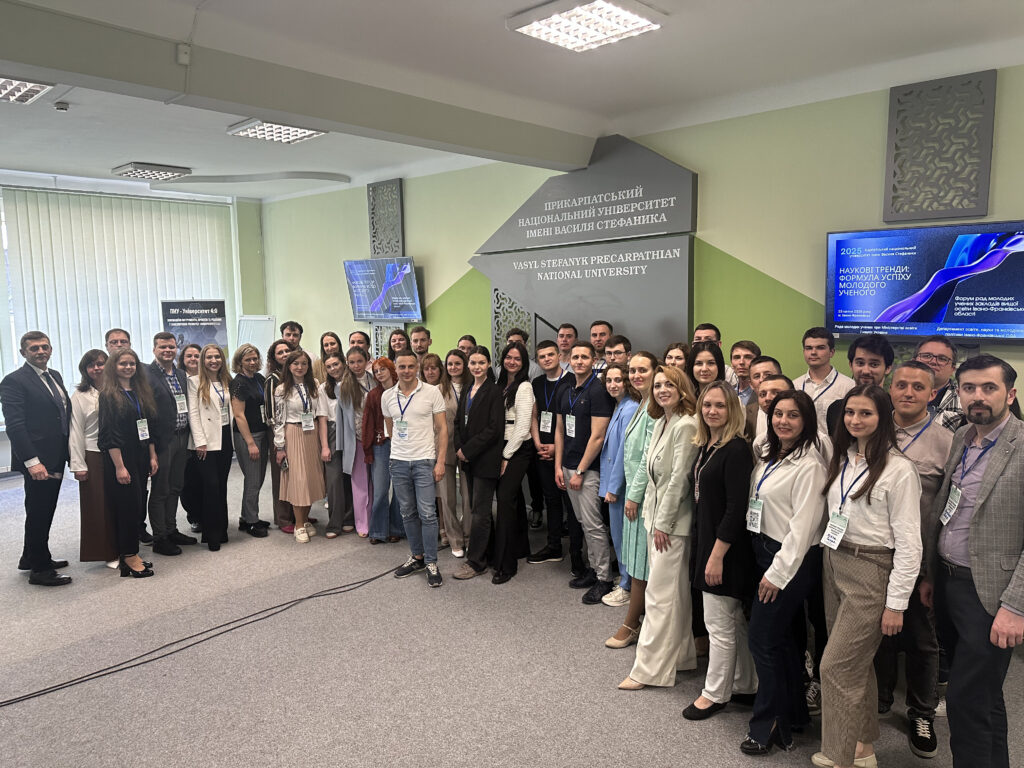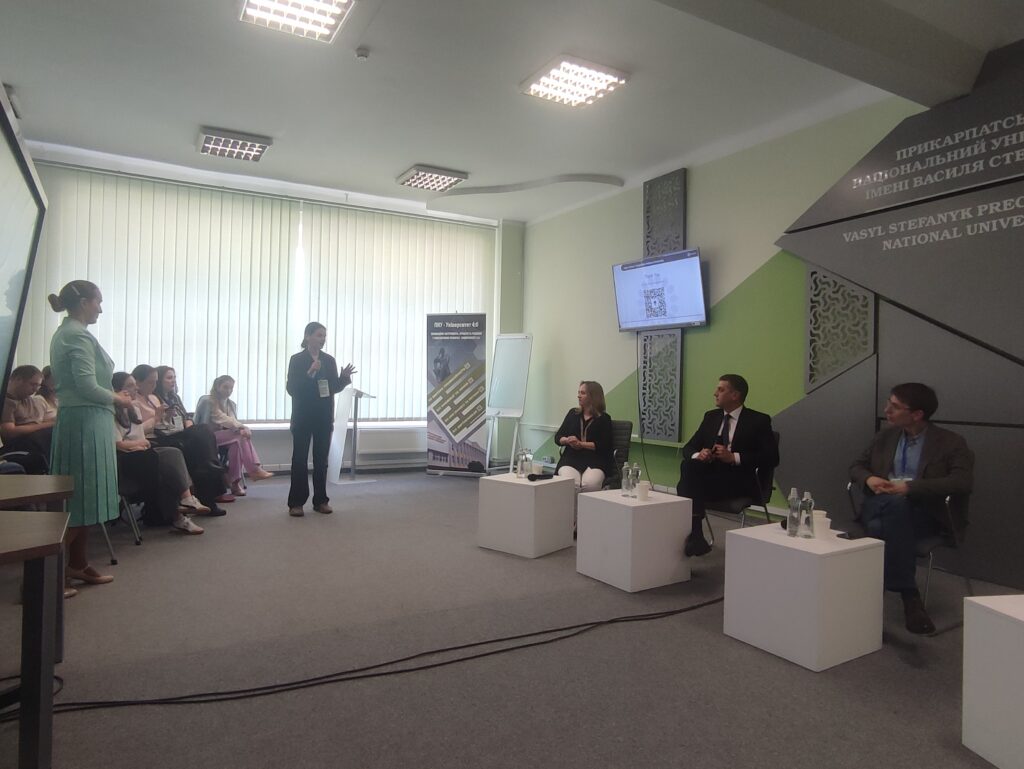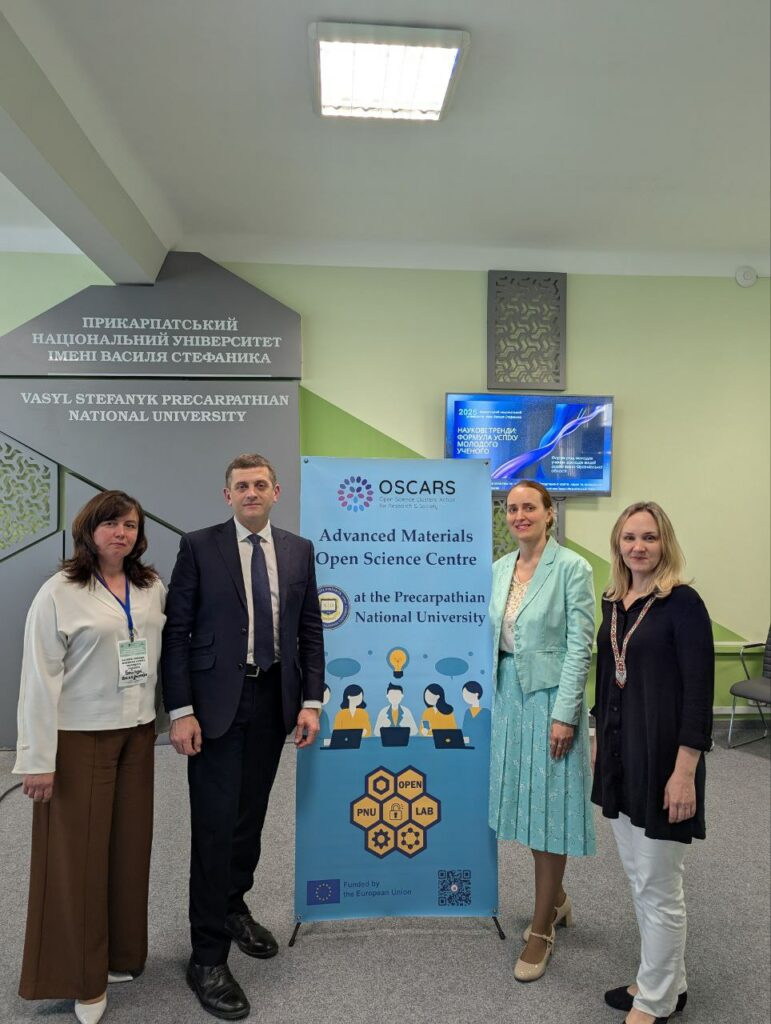On October 10, 2025, within the framework of the International Scientific and Methodological Conference “Current Issues in Improving the Quality of the Educational Process,” organized by Ivano-Frankivsk National Medical University, Volodymyra Boichuk, Professor at the Department of Applied Physics and Materials Science of Vasyl Stefanyk Carpathian National University, delivered a talk entitled “Digital Open Data Platforms: Challenges and Prospects.” The presentation outlined CNU’s experience in implementing the National Open Science Plan: ensuring open access to research outputs and scientific–technical information; open access to research infrastructure; creating conditions for effective work with publicly available data and infrastructure assets; promoting science and advancing citizen science; improving systems for assessing scientific and R&D performance; and raising awareness and building competencies in open science across the academic community. The talk drew on results from the OSCARS project (Horizon Europe, https://oscars-project.eu/about-oscars), aimed at consolidating European research infrastructures (on and beyond the ESFRI roadmap) into interdisciplinary FAIR services and practices that directly support open science.
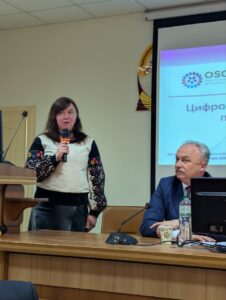
One of the core elements of the University’s research ecosystem is the institutional DataSet repository, which enables the deposition of datasets, preprints, articles, teaching materials, and code with DOI assignment and reuse in line with the FAIR principles, alongside the CNU-Nanolab infrastructure providing access to state-of-the-art materials science equipment. Work requested by researchers is carried out free of charge, and—subject to the requester’s consent—the resulting measurement data are deposited in DataSet with preservation of intellectual property rights. At the same time, PNU-OpenLab operates as an element of CNU’s research ecosystem that provides materials-properties investigation services for industry, which are important for the needs of the country’s critical infrastructure. The implementation of open science in Ukraine is strategically essential for transparency, reproducibility, and integration into the European Research Area, and the project “Open Science Center in Modern Materials Science at Vasyl Stefanyk Carpathian National University (PNU-OpenLab)” (https://open-lab.pnu.edu.ua/) is another step toward enhancing the quality of the scientific and educational process and strengthening Ukraine’s innovation capacity as part of the European research area.
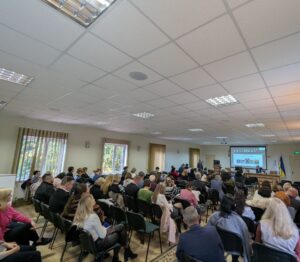

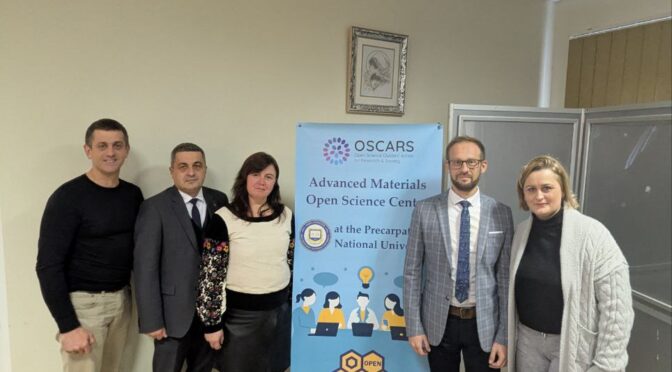
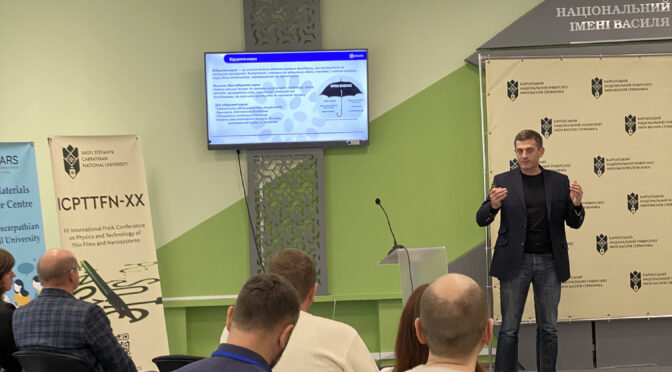
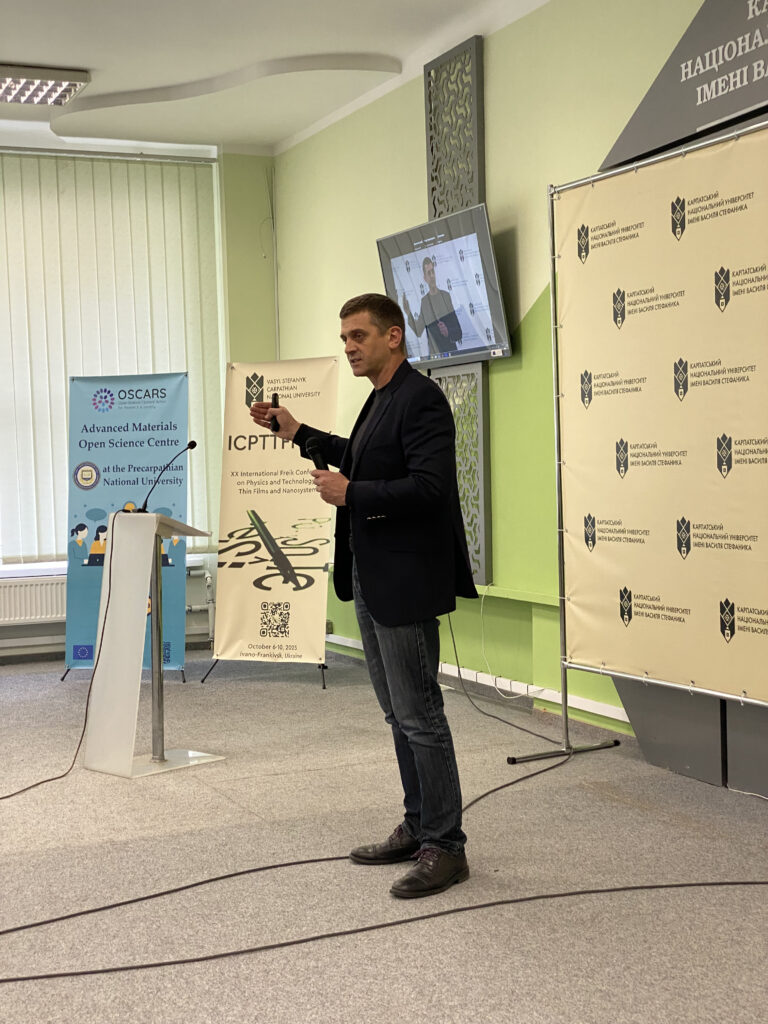









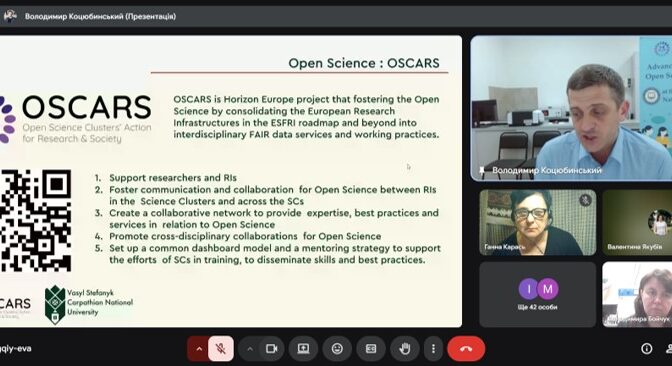
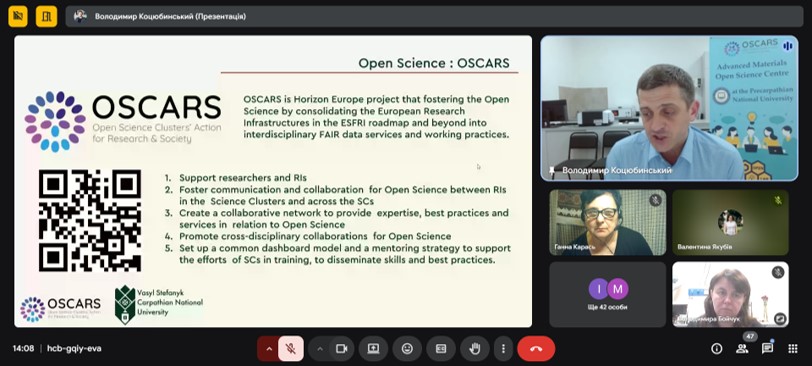
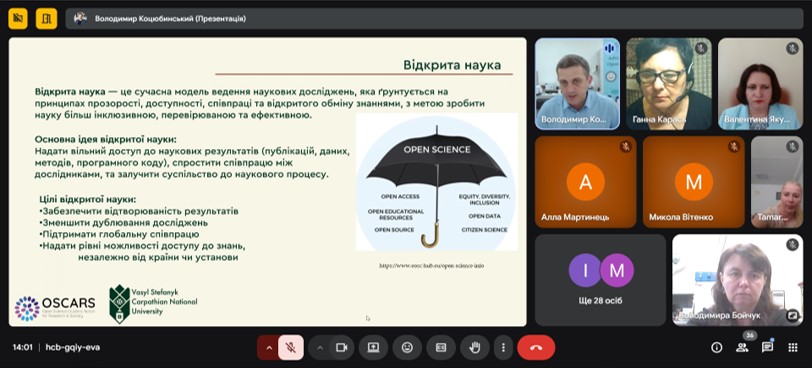
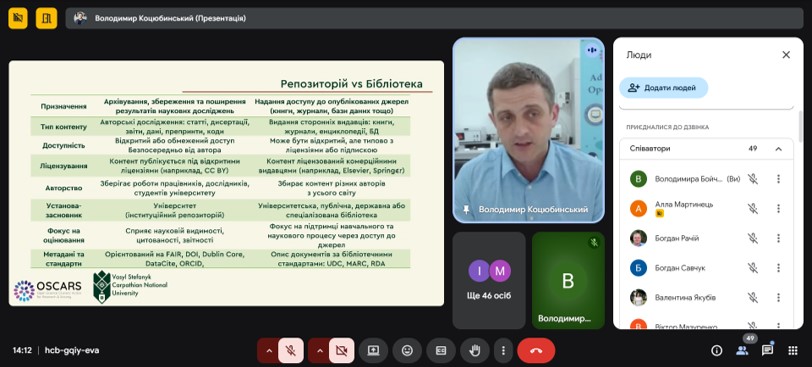
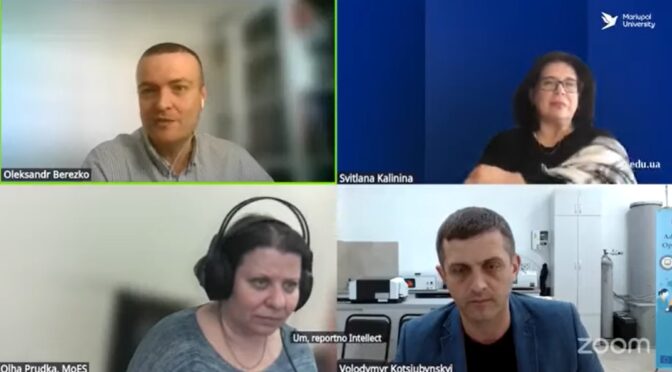
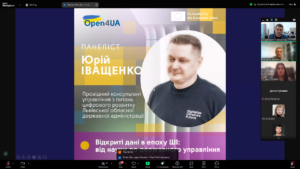
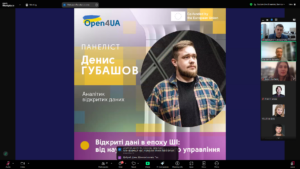
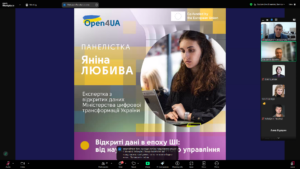 Speakers also highlighted the importance of balancing openness with national security during wartime, the need to improve legislation on access to information, and the role of data stewards within government institutions and communities. At the same time, thanks to the growth of open data and cross-sector collaboration, Ukraine has the opportunity to strengthen its position in scientific research, digital technologies, and public governance.
Speakers also highlighted the importance of balancing openness with national security during wartime, the need to improve legislation on access to information, and the role of data stewards within government institutions and communities. At the same time, thanks to the growth of open data and cross-sector collaboration, Ukraine has the opportunity to strengthen its position in scientific research, digital technologies, and public governance.